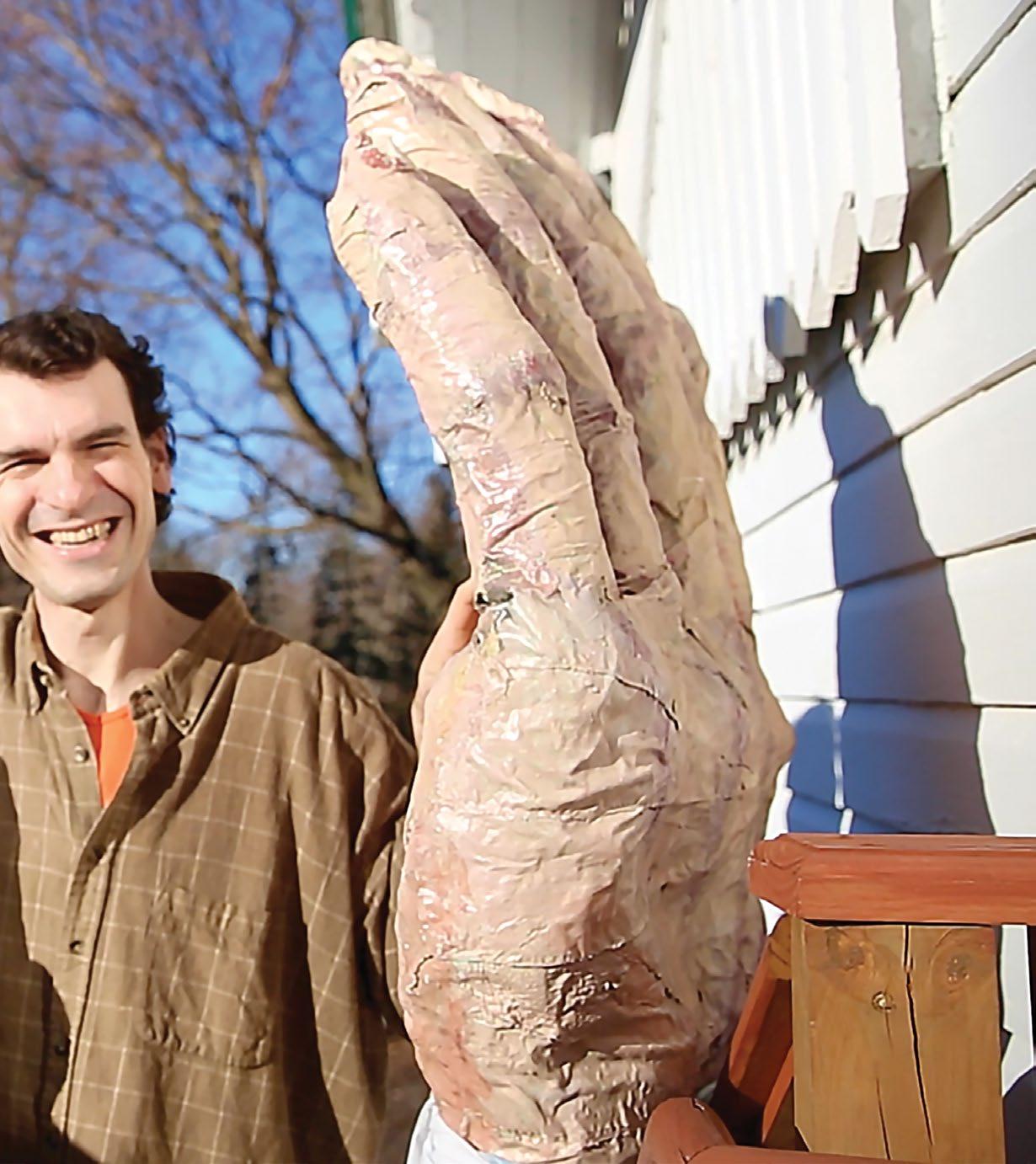
2 minute read
Honeymoon of Mourning
By Maarten Ploeger, translated by Matthew Dexter. Adonis Press (adonispress.org) 2016, 104 pages, paperback, $20
Review by Christiane Marks
This extraordinary cycle of 90 poems, or “poetical prose” as he modestly calls it, was written by Maarten Ploeger, a retired Waldorf teacher, to help him navigate the first rough months after his wife Maria’s death. They bear eloquent testimony to the beauty and joy behind painful events courageously affirmed and embraced. In Matthew Dexter the poems seem to have found just the right “co-poet” to render them from Dutch into English. The translations read well, not like translations at all, which is in itself high praise; they communicate beautifully the voice, the emotions, of the poet, the struggling and evolving widower, who is determined to see the pain and the loss as “rising up / from the depths of our love / as menhirs of fate / inscribed with secret signs / we cannot comprehend / although they / do comprehend us.” (“Sickbed”). It is fortunate that Adonis Press has made it possible for these poems to reach the wide audience they deserve.
The subjects of the poems vary widely, as a selection of the titles shows: “Going Out,” “Ebb and Flow,” “The Scream,” “Art of Words,” “Unmasked,” “Webmaster.” This diversity of subject matter illustrates what many have experienced that when we are open to their presence, those we have lost to death turn out to be following us through our entire day’s activities and even on our travels, as several of the poems show (”Traveling,” “Panama Muse,” etc). The poems, appearing in approximately the same order in which they were written, also illustrate the cyclical nature of mourning: Life will seem to have smoothed out with gentle and pleasant memories prevailing, when suddenly the curtain tears open, revealing moments of anguish again (“The Scream,” “Unmasked”). What can we do except go on, feeling that this time around, picking ourselves up was perhaps a little easier, and will become easier still.
Some phrases in these poems deserve to be memorized or copied out and stuck in our mirrors: “Heaven is no place / is consciousness.” (“Heyday”), “Your end demands our beginning” (“Pearl Dew”), “Love is limitless / not bound by one life” (“The Scream”), “Thinking of you turns / into thinking in you” (“Sun Sphere”). The impression that after a fresh loss the everyday world at first seems “incomprehensibly normal” (“Going Out”) will also resonate with many who have lost someone close. Is this anthroposophical, Steiner-inspired? Yes, of course, but Ploeger is never heavy-handed or preachy. Yes, he has read “Steiner et al” (“Print Collection”), but he knows the resulting knowledge is only useful after it has “settled in the heart.” These poems demonstrate how you allow that to happen; they bring Anthroposophy, lived Anthroposophy, to a wider audience.
Christiane Marks is a writer and translator with special affinity for the poetry of Rainer Maria Rilke.










